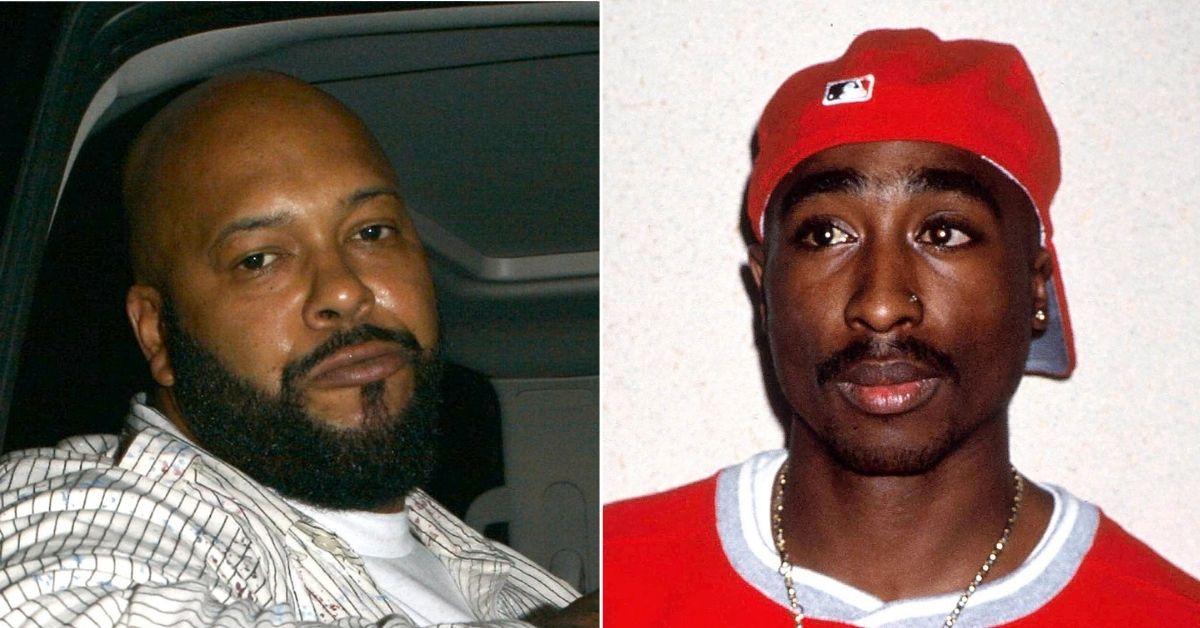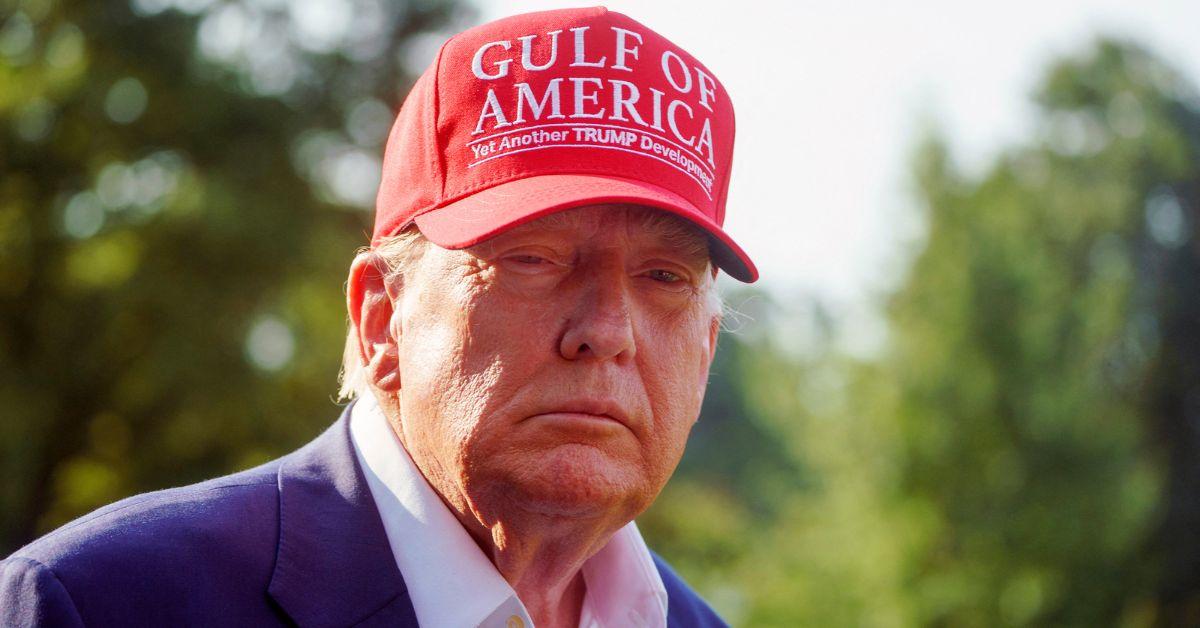Monica Lewinsky Bemoans Those Reveling In Depp-Heard 'Courtroom Porn'
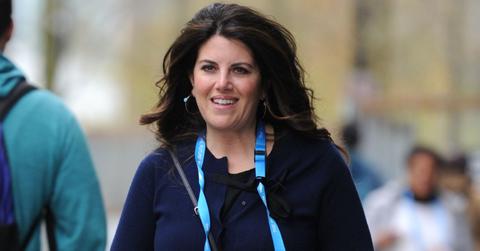
May 31 2022, Published 2:57 p.m. ET
As Monica Lewinsky explains in a fascinating Vanity Fair op-ed, she was a late comer to the Johnny Depp-Amber Heard trial proceedings.
It was only after retweeting a May 23 thread from writer Ella Dawson that she fully dove into public discourse of the high-profile defamation case. Much of the tone, she says, was familiar.
“I wasn’t surprised that the memes about Amber Heard far outnumbered those about Johnny Depp,” Lewinsky writes. “I wasn’t surprised that the cruel and vitriolic discourse was predominantly aimed at the woman.”

“And I shouldn't have been surprised (but I was) that shortly after my search, I began to be served suggested posts on the trial,” she continued. “But they were less about Depp and Heard; more seemed to idolize Camille Vasquez (Depp’s lawyer) for her ‘performance’ cross-examining Heard. (Oh, you thought we wouldn’t have any girl-on-girl action in this trial? That’s on msogyny’s greatest-hits album.)”
Lewinsky's own scandal, fueled by The Drudge Report, happened 24 years ago. The one nobody forgets that led to the impeachment of then-President Bill Clinton.
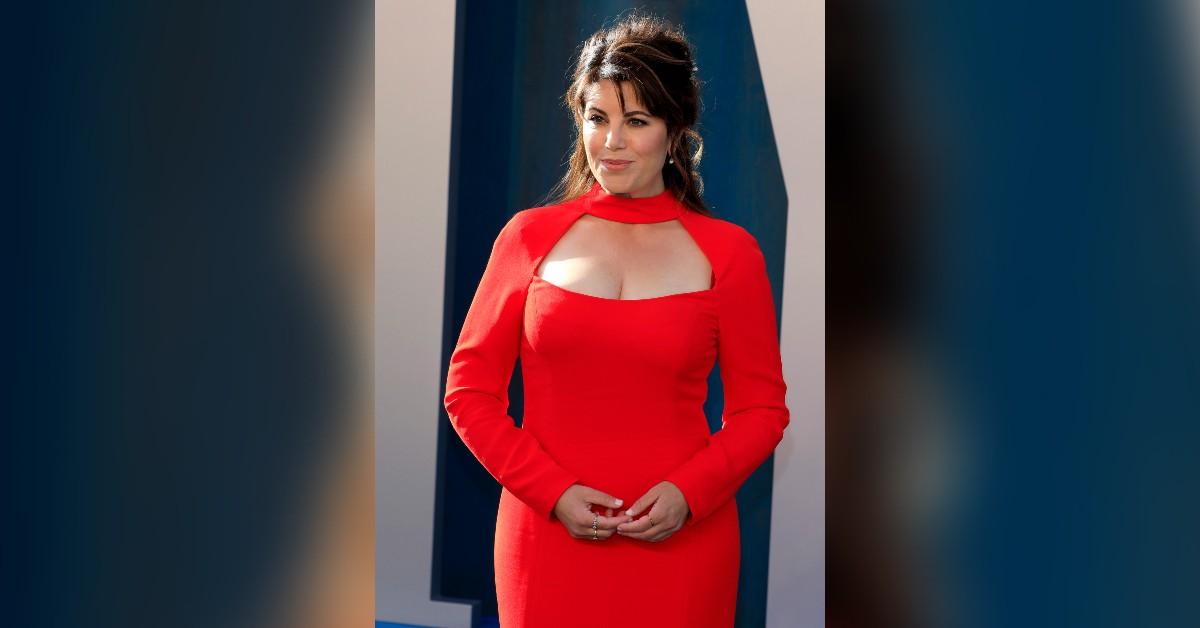
In such matters today, there is a big new layer of scrutiny, leading many in her opinion to become “social-media-mongrelized.”
Her principal question is whether a personal opinion about something is entitling people today to take things too far on social media. Cruelty and misogyny are often the norm, she notes, and cheap shots at the expense of individuals already suffering amounts to an amoral way for individuals to gain traction and media outlets clicks.
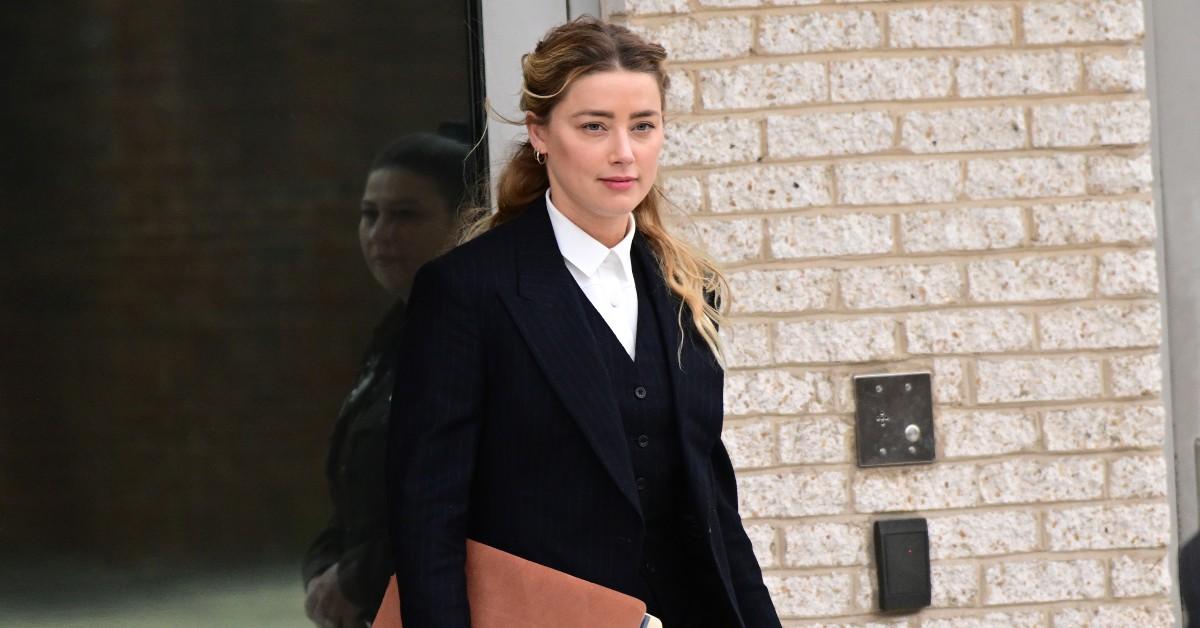

Lewinsky cites the movie “The Matrix” and also, more chillingly, Aldous Huxley's landmark dystopian novel “Brave New World,” published in 1932. Prophetically, the fake feel-good drug the author had his protagonists hooked on, soma, sounds almost like a hip abbreviation of social media.
The Vanity Fair piece is a vivid reminder of the education Lewinsky pursued after her own 1998 scandal. The thesis that helped her graduate with a Master of Science degree in social psychology from the London School of Economics was titled: “In Search of the Impartial Juror: An Exploration of the Third-Person Effect and Pre-Trial Publicity.”
